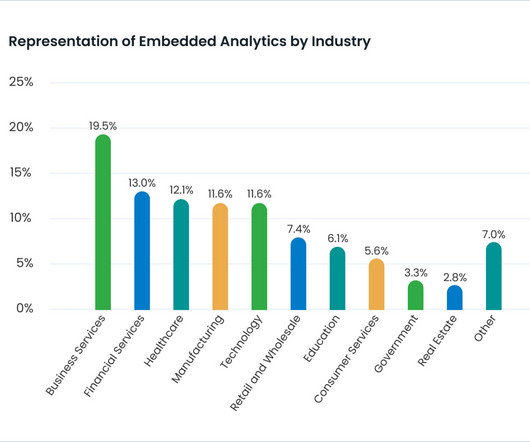Decoding Data Analyst Job Description: Skills, Tools, and Career Paths
FineReport
MARCH 24, 2024
Data analysts leverage four key types of analytics in their work: Prescriptive analytics: Advising on optimal actions in specific scenarios. Diagnostic analytics: Uncovering the reasons behind specific occurrences through pattern analysis.














Let's personalize your content